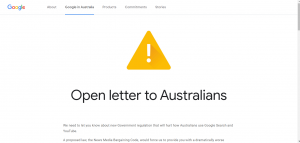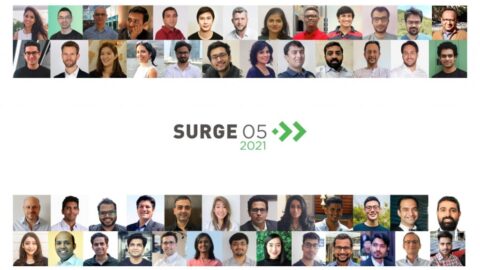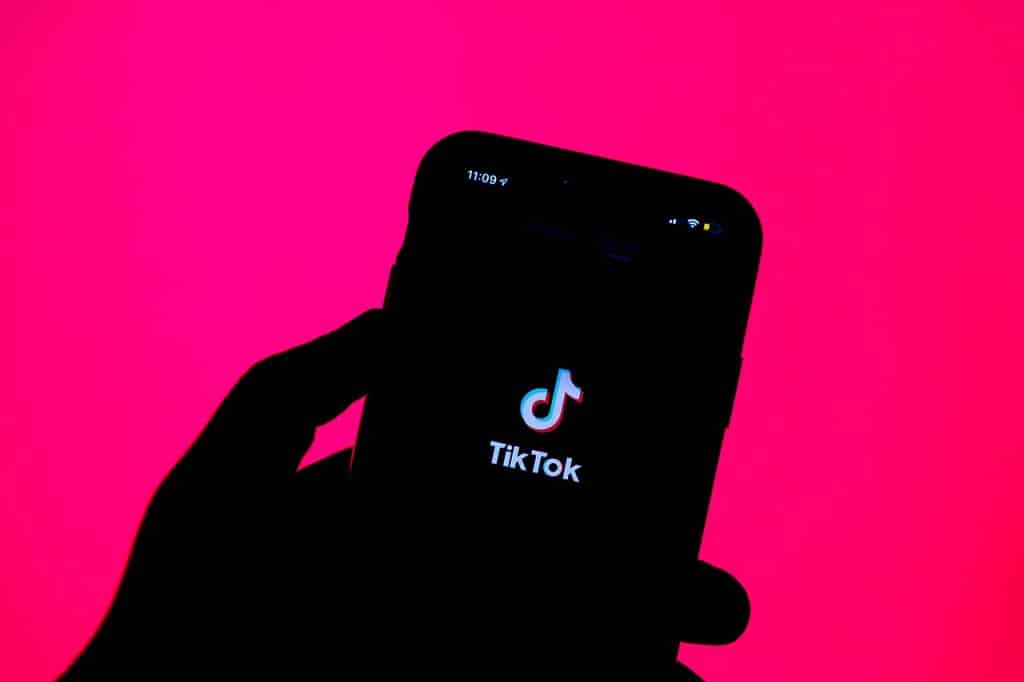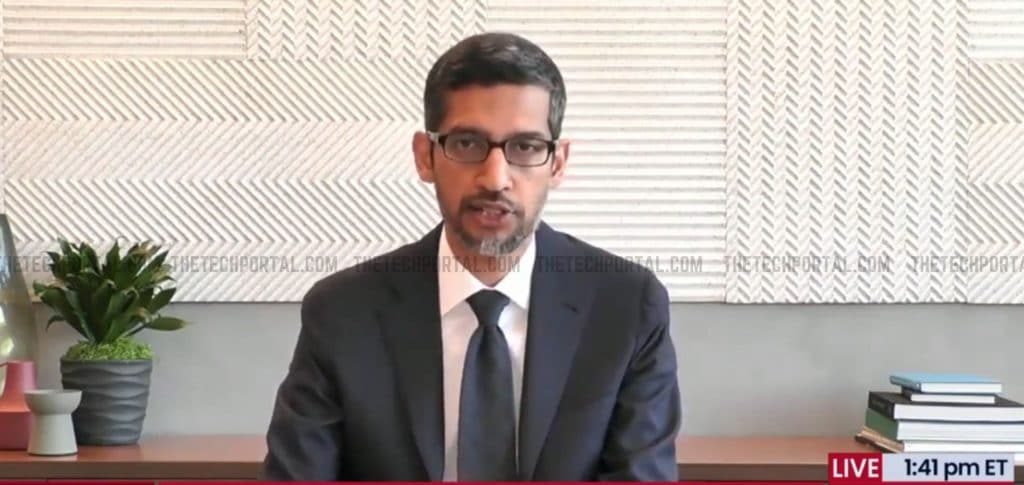 TheTechMedia.com/wp-content/uploads/2020/07/google-us-congress-hearing-july-the-tech-portal-300×142.jpg 300w, https://TheTechMedia.com/wp-content/uploads/2020/07/google-us-congress-hearing-july-the-tech-portal-768×364.jpg 768w, https://TheTechMedia.com/wp-content/uploads/2020/07/google-us-congress-hearing-july-the-tech-portal-1536×728.jpg 1536w, https://TheTechMedia.com/wp-content/uploads/2020/07/google-us-congress-hearing-july-the-tech-portal-800×379.jpg 800w, https://TheTechMedia.com/wp-content/uploads/2020/07/google-us-congress-hearing-july-the-tech-portal-1160×549.jpg 1160w, https://TheTechMedia.com/wp-content/uploads/2020/07/google-us-congress-hearing-july-the-tech-portal.jpg 1900w” sizes=”(max-width: 1024px) 100vw, 1024px”>
TheTechMedia.com/wp-content/uploads/2020/07/google-us-congress-hearing-july-the-tech-portal-300×142.jpg 300w, https://TheTechMedia.com/wp-content/uploads/2020/07/google-us-congress-hearing-july-the-tech-portal-768×364.jpg 768w, https://TheTechMedia.com/wp-content/uploads/2020/07/google-us-congress-hearing-july-the-tech-portal-1536×728.jpg 1536w, https://TheTechMedia.com/wp-content/uploads/2020/07/google-us-congress-hearing-july-the-tech-portal-800×379.jpg 800w, https://TheTechMedia.com/wp-content/uploads/2020/07/google-us-congress-hearing-july-the-tech-portal-1160×549.jpg 1160w, https://TheTechMedia.com/wp-content/uploads/2020/07/google-us-congress-hearing-july-the-tech-portal.jpg 1900w” sizes=”(max-width: 1024px) 100vw, 1024px”>Google today published an open letter to Australian citizens, warning that if the proposed News Media Bargaining Code gets approved, the company will be forced to provide users with “a dramatically worse Google Search and YouTube.” In the open letter written by Melanie Silva, Managing Director of Google Australia, she gave several reasons as to why the proposed draft code should not be implemented. In response, the ACCC published an open response to Google’s letter and criticized it for containing misinformation.
Two weeks ago, the Australian government introduced a draft proposal called the News Media and Digital Platforms Mandatory Bargaining Code which, if approved, would require big tech companies like Google and Facebook to pay local media outlets for news. Its motive is to ensure that independent journalism is paid fairly for original content.
In response to this, people in Australia were sent a little pop-up notification by Google which says “The way Aussies use Google is at risk.” Clicking on the notifications takes users to the complete letter, which is nothing short of a a major pushback against the new proposal by the government.
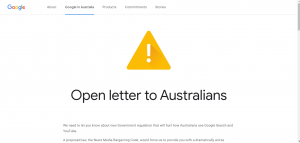 TheTechMedia.com/wp-content/uploads/2020/08/Screenshot-47-1024×487.png 1024w, https://TheTechMedia.com/wp-content/uploads/2020/08/Screenshot-47-768×365.png 768w, https://TheTechMedia.com/wp-content/uploads/2020/08/Screenshot-47-1536×731.png 1536w, https://TheTechMedia.com/wp-content/uploads/2020/08/Screenshot-47-800×381.png 800w, https://TheTechMedia.com/wp-content/uploads/2020/08/Screenshot-47-1160×552.png 1160w, https://TheTechMedia.com/wp-content/uploads/2020/08/Screenshot-47.png 1911w” sizes=”(max-width: 300px) 100vw, 300px”>
TheTechMedia.com/wp-content/uploads/2020/08/Screenshot-47-1024×487.png 1024w, https://TheTechMedia.com/wp-content/uploads/2020/08/Screenshot-47-768×365.png 768w, https://TheTechMedia.com/wp-content/uploads/2020/08/Screenshot-47-1536×731.png 1536w, https://TheTechMedia.com/wp-content/uploads/2020/08/Screenshot-47-800×381.png 800w, https://TheTechMedia.com/wp-content/uploads/2020/08/Screenshot-47-1160×552.png 1160w, https://TheTechMedia.com/wp-content/uploads/2020/08/Screenshot-47.png 1911w” sizes=”(max-width: 300px) 100vw, 300px”>
Google says that with this new draft, it will have to give certain local news agencies unfair advantage. The company argues that news media businesses alone would be given information that would help them artificially inflate their ranking over everyone else, even when someone else provides a better result. “You’ve always relied on Google Search and YouTube to show you what’s most relevant and helpful to you. We could no longer guarantee that under this law,” added Google.
Moreover, according to Google, the new law will force the company to provide users’ private data to other news agencies with no way of knowing if any data handed over would be protected, or how it might be used by news media businesses.
Thirdly, the new draft will hurt Google’s free services. According to Google, the law is set up to give big media companies special treatment and to encourage them to make enormous and unreasonable demands that would put the company’s free services at risk.
The last date for public consultation on the draft is 28 august 2020.
On the other hand, the ACCC cleared all these points in its response to google’s letter. It said that tech giant will neither be required to charge Australians for its free services, nor would it have to share any additional user data with news agencies. Moreover, news businesses will be allowed to negotiate for fair payment.
The draft aims to “to create a level playing field and not to disadvantage Facebook or Google” said Treasurer Josh Frydenberg.

